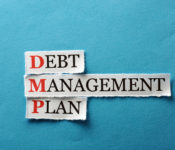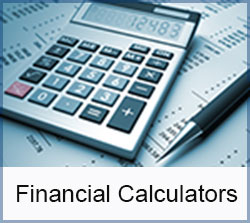
The Case for Life Insurance
When it comes to most forms of insurance, many people understand the importance of having coverage. Whether it’s your car, your home, or other valuable possessions, having insurance means that you’re financially protected should disaster strike. One of the first things you do when you buy a new car is to make sure it is protected before you drive it off the lot. Why? Because if you are involved in an accident chances are good you would suffer financially.
But, what about life insurance?
Although this form of protection works the same way as all other types of insurance, many are reluctant to open the conversation. Perhaps one reason is that life insurance involves the planning for the worst-case scenario – your death. The truth remains however, that if someone, your family or your business for example, would suffer a financial loss due to your death, life insurance is the answer. In fact, life insurance is one of the smartest ways to provide for both yourself and your loved ones.
For today, take stock of your current situation and consider these important reasons why life insurance is needed: Read more 

Budgeting
If you’ve made a resolution to be more disciplined with your spending, or you’ve overspent over the holidays, a budget is a good way to get back on track. Here’s a good article from Practical Money Skills that you might find helpful.
A budget is a plan, an outline of your future income and expenditures that you can use as a guideline for spending and saving.
Only 47 % percent of Canadians use a budget to plan their spending. But Canadians are feeling more in debt than ever with 90% saying they have more debt today than five years ago. A budget can help you pay your bills on time, cover unexpected emergencies, and reach your financial goals — now and in the future. Most of the information you need is already at your fingertips. Read more 

Debt Load
Are you out of your debt comfort zone? Does it seem as though you’re paying too much to bill collectors and not enough for savings and the things you enjoy in life? If so, it’s a good idea to figure out just how much debt you have and compare that to how much you earn. This will give you clear understanding of your financial health.
Debt Load
Debt load is a term that is used to describe a consumer’s amount of debt. It is often used to understand if you are carrying a “safe” amount of debt. Creditors look at a debt/income ratio, comparing your income with your debts to analyze whether you have an appropriate amount of debt. The debt/income ratio is figured monthly and reveals either how good — or bad — your financial situation is. Read more 

Debt Is a Four-Letter Word
Debt today is so common, you might say it can’t be avoided. Most people are not in a position to purchase a house or car for cash, while those who can buy such things outright may prefer to finance and keep control of their capital.
The truth is, while most of us see debt as a bad thing, any money borrowed to generate income or increase net worth can be considered “good debt.”
If the amount borrowed is invested for an overall gain, the debt is a tool. Borrowing to further your education, for example, is good debt since an education generally increases the likelihood you will earn more in the future. Most often, too, the interest paid on this type of debt is tax deductible. Read more 

